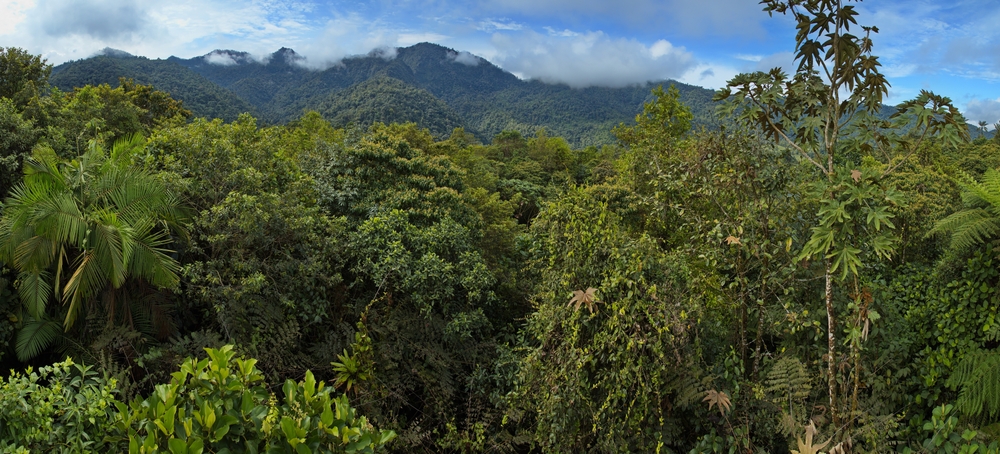The Ecuadorian court system returned ownership of 42,360 hectares of ancient land, Pë’këya, to the Siekopai people in a landmark ruling, marking a momentous step in the tribe’s journey back to their roots. The November 24 verdict represents a significant move, recognizing the tribe’s right to reclaim and possess their sacred place within the Ecuadorian Amazon.
A historic identity reclaimed
The return to Pë’këya is extremely important to the Siekopai, whose life is inextricably linked to this territory. Justino Pianguaje, the leader of the Siekopai Nation, hailed the ruling as historic, emphasizing its broader implications: “Ecuador has recognized an Indigenous population’s right to possess a territory that has been declared a protected area.”
The Siekopai have worked for over 80 years to regain this important part of their heritage. The court’s ruling is not only a legal victory but also a tribute to the Siekopai people’s cultural inheritance and spiritual identity.
Legal squabbles and cultural rebirth
The Siekopai’s unwavering drive to reconnect with their homeland fueled the legal battle to recover Pë’këya. Following the Ecuadorian-Peruvian War in 1942, it began with Cecilio Piaguaje, the tribe’s patriarch. Despite repeated threats and setbacks, their determination to return was unwavering.
The Siekopai overcame the issue of producing historical evidence of their hereditary ties to the property to secure their claim. While their culture is mainly based on oral tradition, they discovered important Jesuit records, including a manuscript dating back to 1753, proving the Jesuits’ long presence in Lagartococha.
The cultural importance of Pë’këya
Pë’këya is significant beyond its physical borders; it reflects the core of Siekopai identity and spirituality. It is home to respected locations such as Ñañokomasira and the sacred river Emua, which are important to the tribe’s cultural activities and traditional wisdom.
Maruja Payaguage, emphasizing her deep connection to the land, observed, “It’s not a problem of land — it’s a matter of the spirit, of not suffering anymore.” This emotion is shared by many Siekopai who wish to return to their ancestral land in search of spiritual satisfaction.
Spiritual and cultural bonds legally recognized
The court’s decision recognizes Pë’këya’s spiritual and cultural value to the Siekopai. It highlights the tribe’s close bond with the land, which is critical to their cultural identity and physical survival.
The court’s judgment represents not only a legal triumph for Pianguaje and the Siekopai community but also a significant step toward preserving their heritage. “I finally feel an internal peace,” Pianguaje said, “for having demanded respect for the rights of the Siekopai.”
This verdict is a ray of hope, allowing the Siekopai to secure their cultural history and set a course that would ensure their survival and cultural resilience for future generations.











